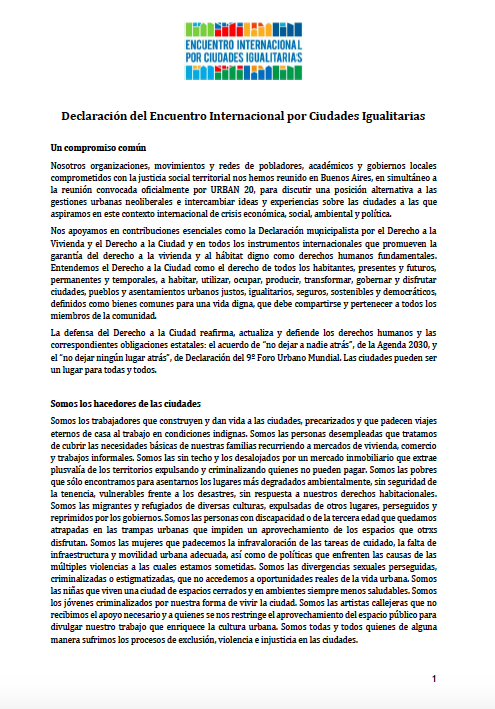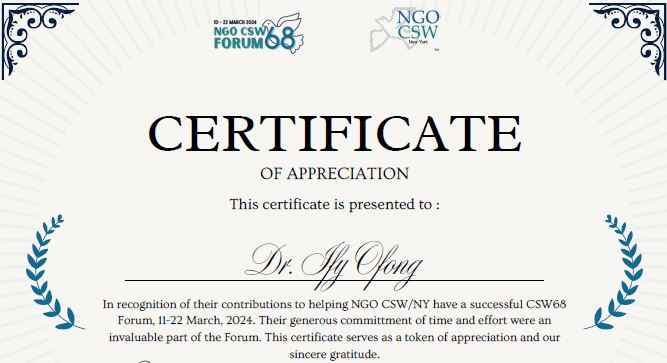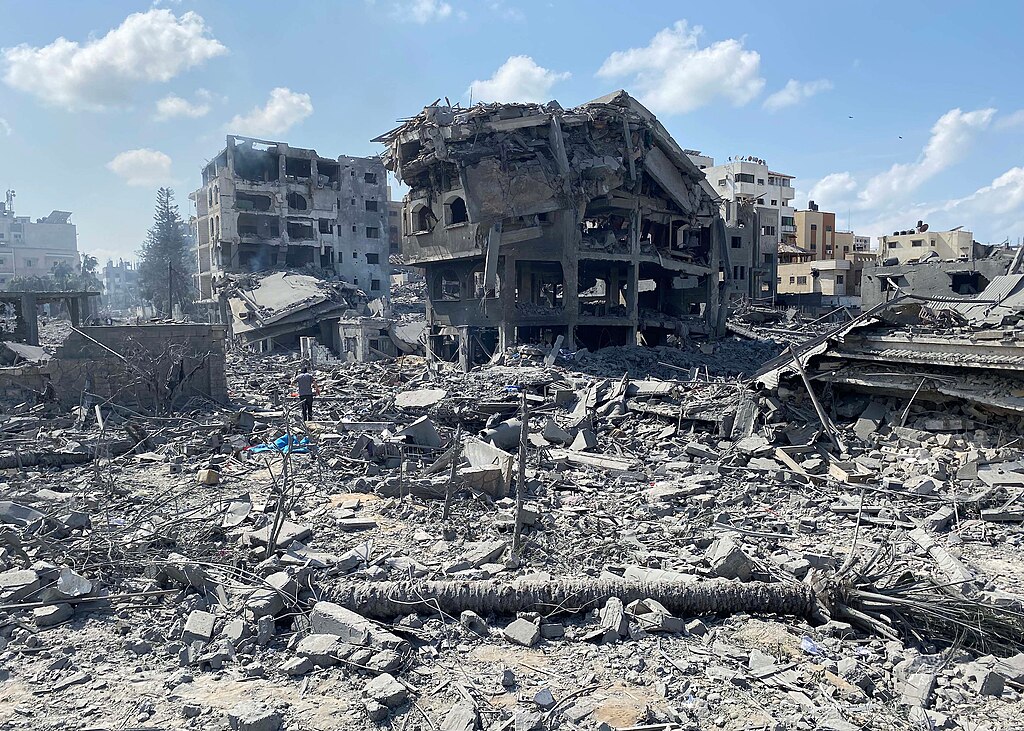Summary
In the present report the Special Rapporteur has chosen as his thematic focus one of the phenomena that has emerged as one of the priority issues with respect to adequate housing as a component of the right to an adequate standard of living, i.e. forced evictions.
The report attempts to illustrate that since the adoption by the Commission on Human Rights of its resolution 1993/77, recognizing forced evictions as gross violations of human rights, and particularly the right to adequate housing, the phenomenon is continuing with full force. Despite the work of a range of actors, including treaty bodies, other special procedures, United Nations agencies and programmes and civil society organizations to counter this practice, forced evictions still result in displacement, loss of livelihood, property and belongings, and physical and psychological injury to those affected, which often include persons already living in extreme poverty, women, children, indigenous peoples, minorities and other groups at risk. The Special Rapporteur illustrates with examples the widespread and diverse nature of forced evictions.
Against this backdrop, the Special Rapporteur proposes a range of measures that may be taken in order to address forced evictions, including: the adoption of national policies and legislation; the holding of an expert seminar to develop clear guidelines for States and the international community on forced evictions; the development by the Office of the High Commissioner for Human Rights of indicators on forced evictions; increased focus by treaty monitoring bodies on issues related to forced evictions; integration of work on forced evictions into the mandates of United Nations agencies and bodies and bilateral and multilateral initiatives. The Special Rapporteur also highlights a number of measures to ensure a more comprehensive and integrawted treatment of women’s right to adequate housing, including protection from forced eviction. The intention of the report is to place the phenomenon of forced evictions firmly on the agenda of the Commission on Human Rights.




